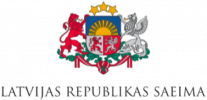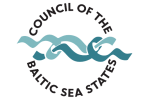On 21 - 22 September 2023, the annual summit of the Baltic Assembly and the Nordic Council took place in Tallinn, Estonia. The summit was dedicated to discussions about cybersecurity cooperation among the Baltic and Nordic countries as well as their joint approach to supporting democracy and democratic transitions in the Eastern Partnership countries.
During the annual summit, President of the Baltic Assembly Timo Suslov and President of the Nordic Council Jorodd Asphjell signed the Decision on Priorities of Cooperation between both organizations for 2024 – 2026 (see the document below).
President of the Baltic Assembly Timo Suslov opened the meeting by saying: “The cooperation of the Baltic Assembly and the Nordic Council has a long history, and I am glad to see that our ties are becoming stronger. Throughout the years, we have developed close cooperation and coordination of activities on all institutional levels, including presidiums, committees, and Secretariats. Today is yet another successful result of our cooperation.”
President of the Nordic Council Jorodd Asphjell emphasized the significance of the annual summit and its cherished status as a time-honored tradition between the two esteemed organizations. He added that within the Baltic and Nordic regions, known for their exceptional integration, lies the promise of a united future, with hopes set on broader NATO membership.
By signing the Decision, both organizations have agreed on the priorities for cooperation. These priorities include supporting Ukraine in recovering from the damage of war and enhancing foreign and security policy with a specific focus on cybersecurity and resilience against disinformation. The organizations have also agreed on supporting democracy and democratic transitions, especially in Eastern Partnership countries, and ensuring energy security and sustainability. Other key areas of cooperation include fostering interconnectivity in transportation and infrastructure, addressing climate change, and coordinating education systems, with a particular emphasis on mutual recognition of higher education diplomas within the Baltic-Nordic region.
One of the topics discussed at the summit is fostering cybersecurity cooperation among the Baltic and Nordic countries to address both current and future challenges. President of the Baltic Assembly Timo Suslov opened the meeting by emphasizing the significance of cybersecurity collaboration among the Baltic and Nordic nations. He added that despite existing commitments to secure communications infrastructure, digital services, and data, continuous cooperation and information exchange remain essential to ensuring dependable digital infrastructures and building the expertise necessary to identify and combat cyber threats, ultimately strengthening regional resilience and digital security.
Deputy Speaker of the Seimas and Member of the Security and Defence Committee of the Baltic Assembly Andrius Mazuronis informed that the increasing digitization of the world offers numerous cyber opportunities but it also brings new forms of conflict like cyberattacks and hybrid warfare. He added that given Russia's ongoing military aggression and hybrid tactics, the importance of enhancing the cyber capabilities of the Baltic and Nordic countries is clear, therefore, it is important to ensure that cybersecurity remains a prominent focus on both international and national security agendas, particularly within the EU and NATO contexts.
Member of the Nordic Council Committee for Knowledge and Culture in the Nordic Region Victoria Tiblom highlighted the crucial importance of enhancing cybersecurity and resilience in the Baltic and Nordic States through the cooperation agreement, as hybrid and cyber attacks pose a serious threat to the nations. She highlighted the significance of recruitment and research to improve expertise in cybersecurity. She added that with all Nordic and Baltic countries soon being part of NATO, there is a clear imperative for increased cooperation on these pressing security matters.
The Baltic and Nordic parliamentarians also discussed the Baltic-Nordic approach to supporting democracy and democratic transitions in the Eastern Partnership countries. Vice President of the Baltic Assembly Jānis Vucāns highlighted the important role of the Baltic Assembly and the Nordic Council in strengthening democracy in the Eastern Partnership countries as an important contributor to regional stability and security. “We have also highlighted how important it is to continue documenting, storing evidence and reporting on all war crimes committed throughout Ukraine. Protecting democracy, the rule of law and human rights means also bringing to justice criminals and all those accountable for human suffering,” added Jānis Vucāns.
Member of the Committee for Growth and Development in the Nordic Region of the Nordic Council Lars Püss acknowledged the significant experience of the Baltic Assembly with the Eastern Partnership countries, underlining the increased importance of this collaboration amid the Ukraine conflict. He added that the Nordic Council values the role of the Baltic Assembly as a bridge between the East and West that has led to stronger cooperation between both organizations since the start of the Russian war in Ukraine.
During the summit, the parliamentarians of both organizations also visited the NATO Cooperative Cyber Defence Centre of Excellence. Director of the NATO Centre Mart Noorma highlighted the strong collaborative efforts in the field of cybersecurity between the Baltic and Nordic countries. He also called on keeping cybersecurity cooperation and education on digital matters high on the political agenda.
Photos
© Erik Peinar, Riigikogu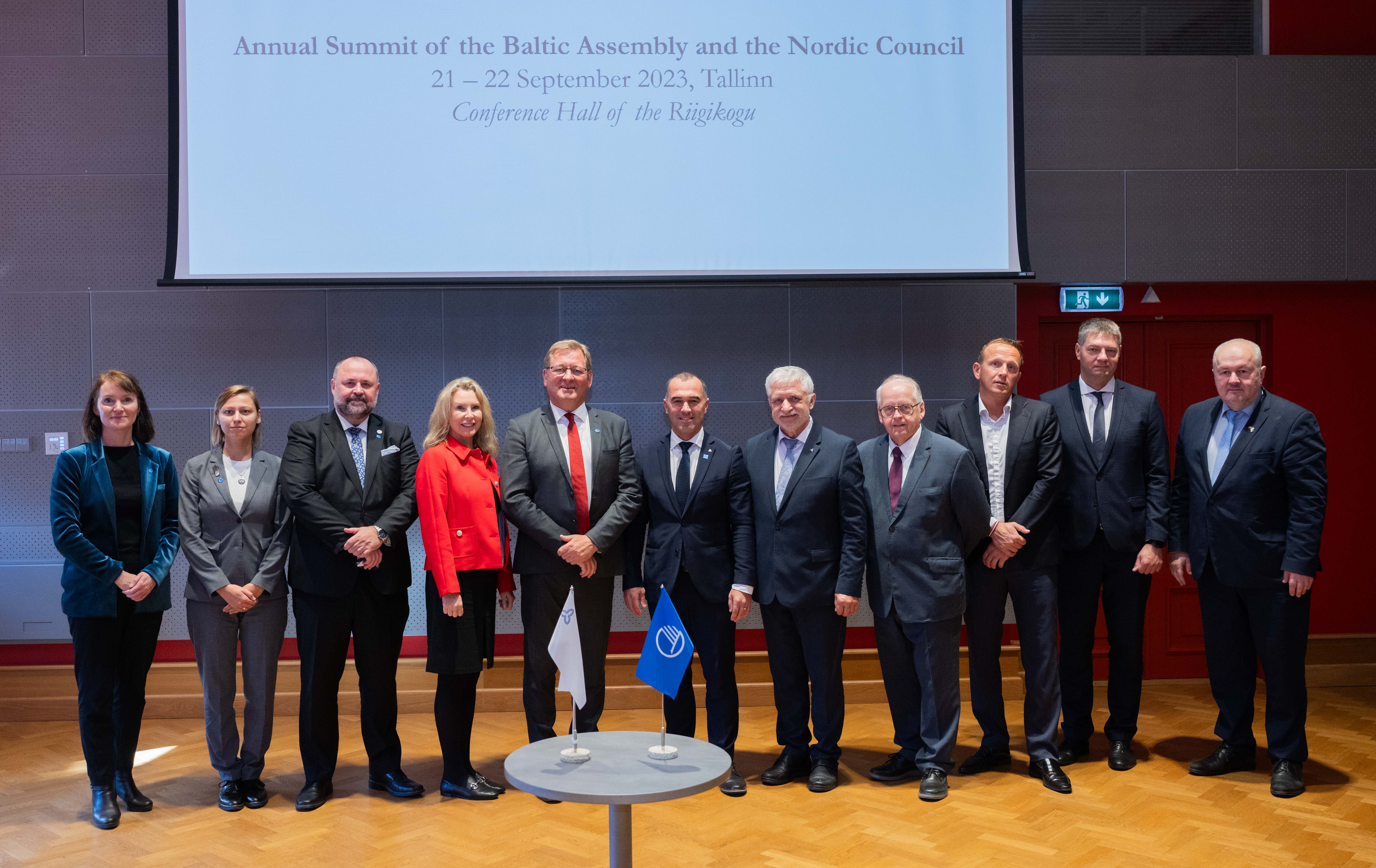
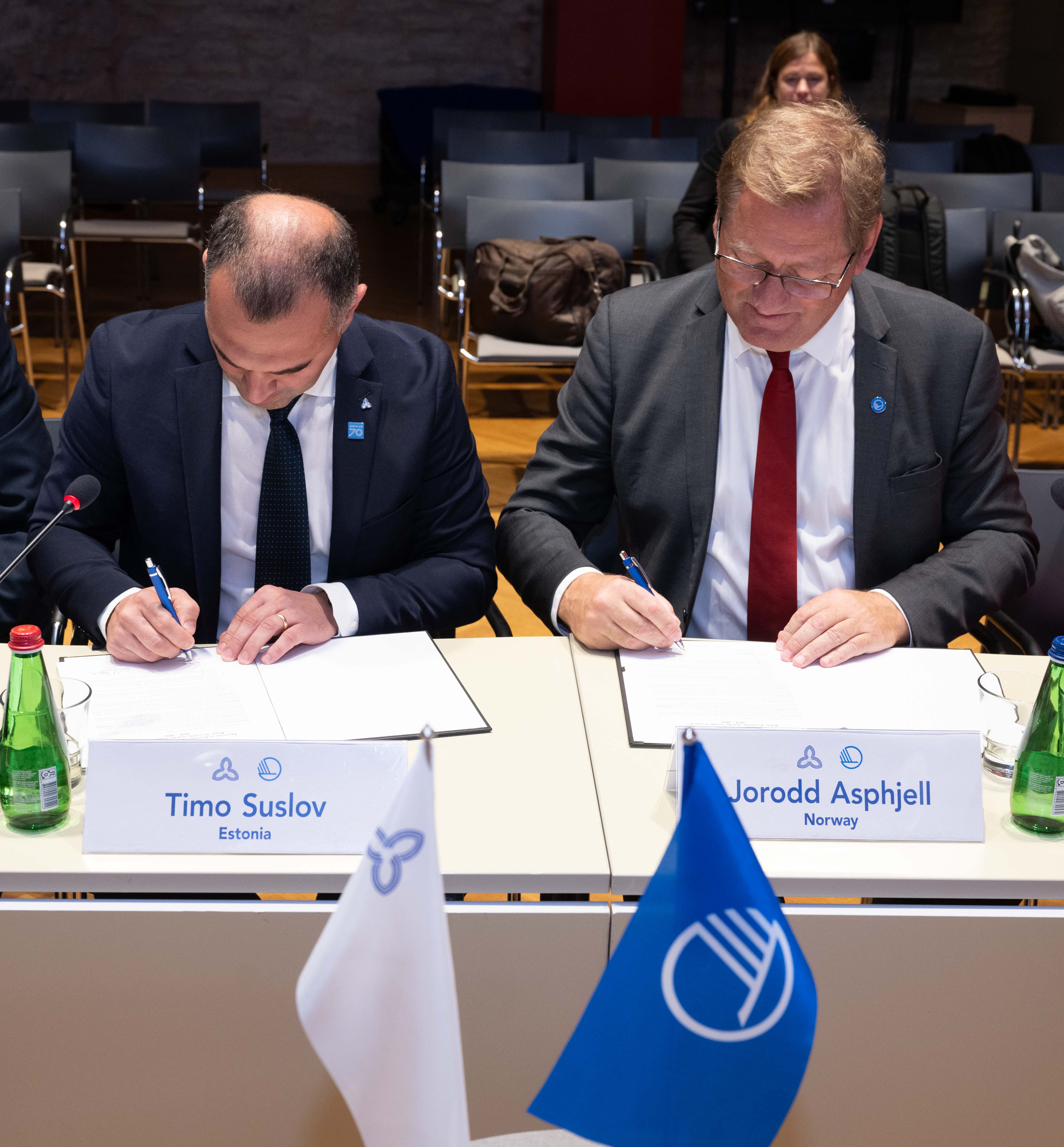
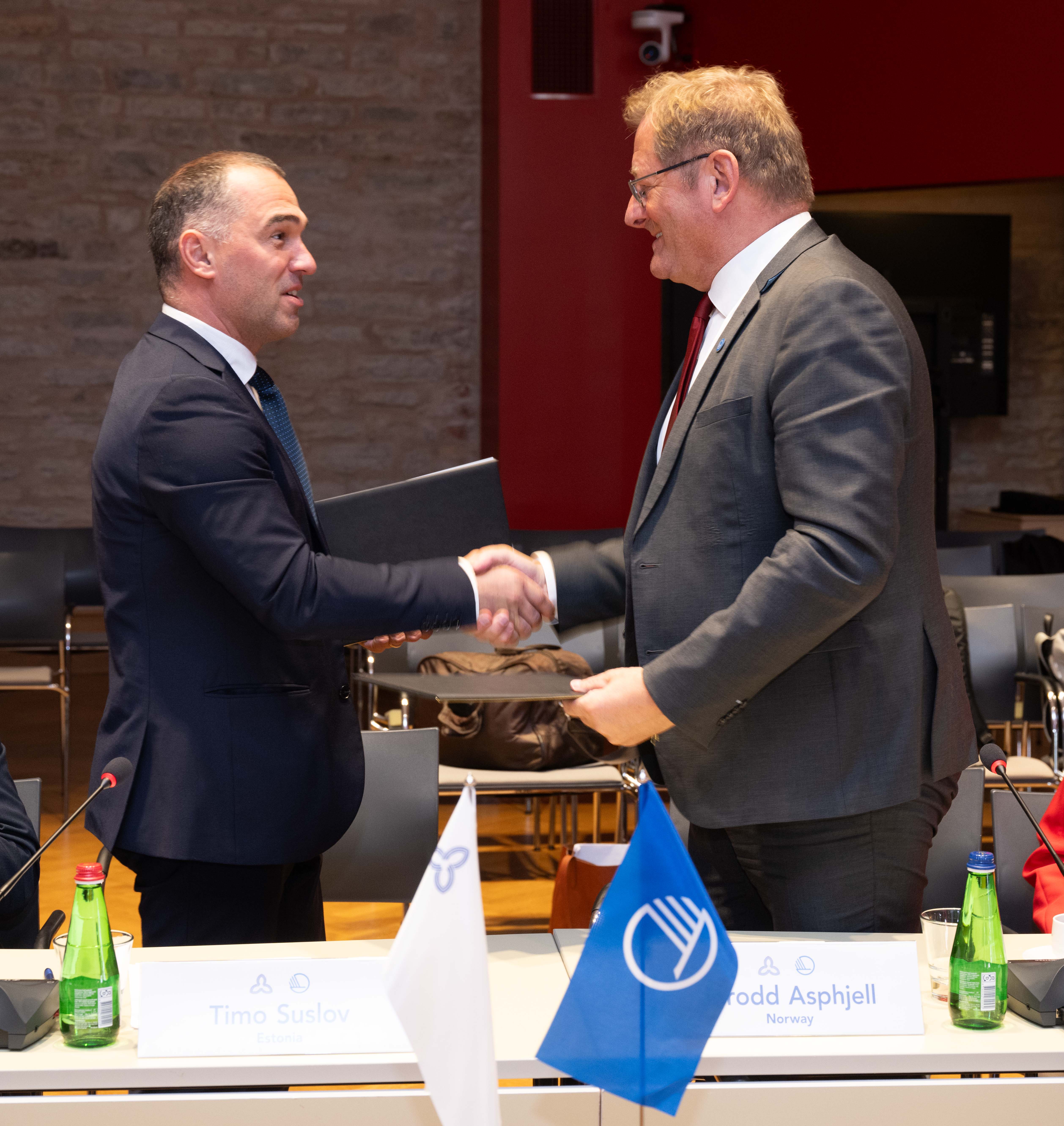
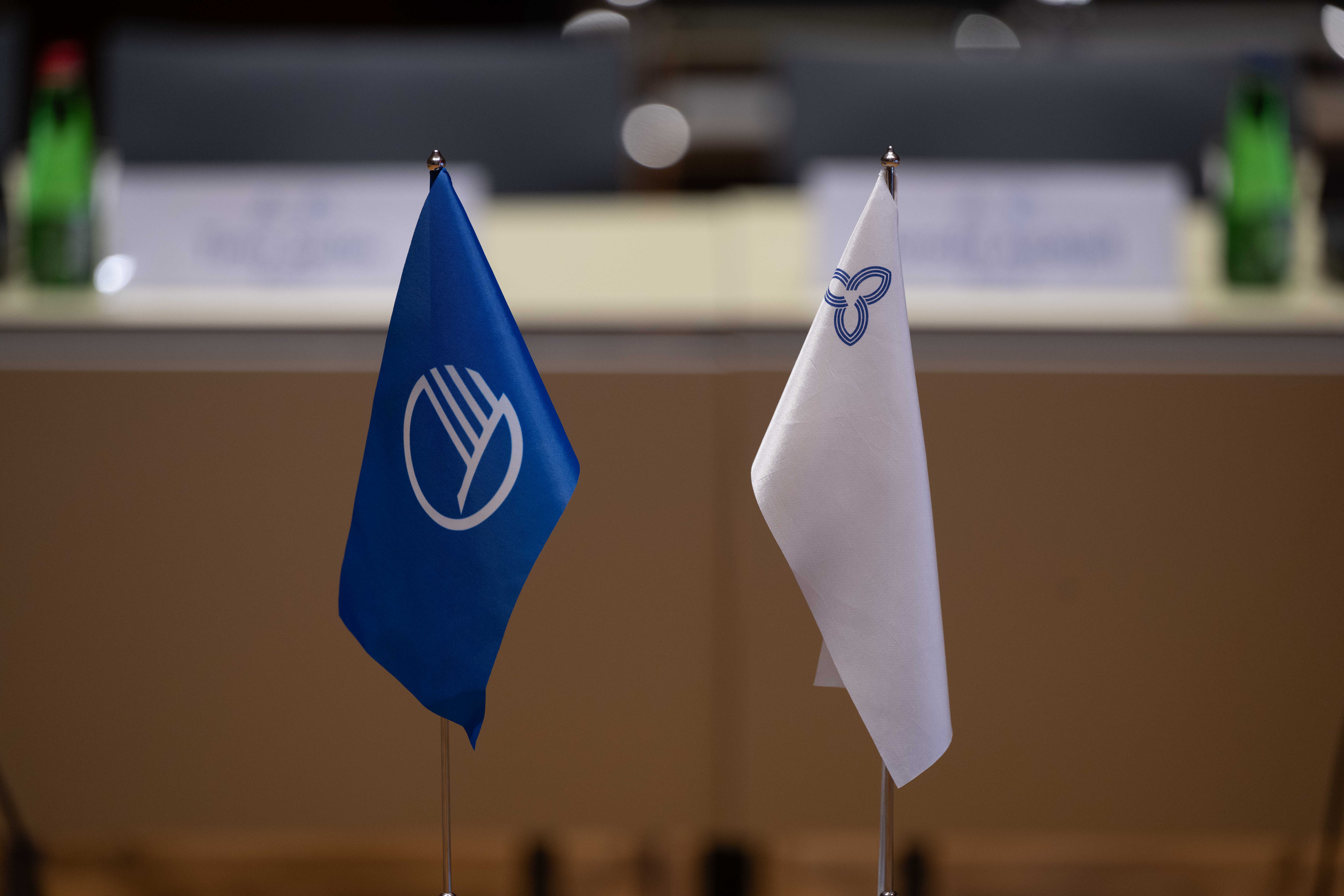
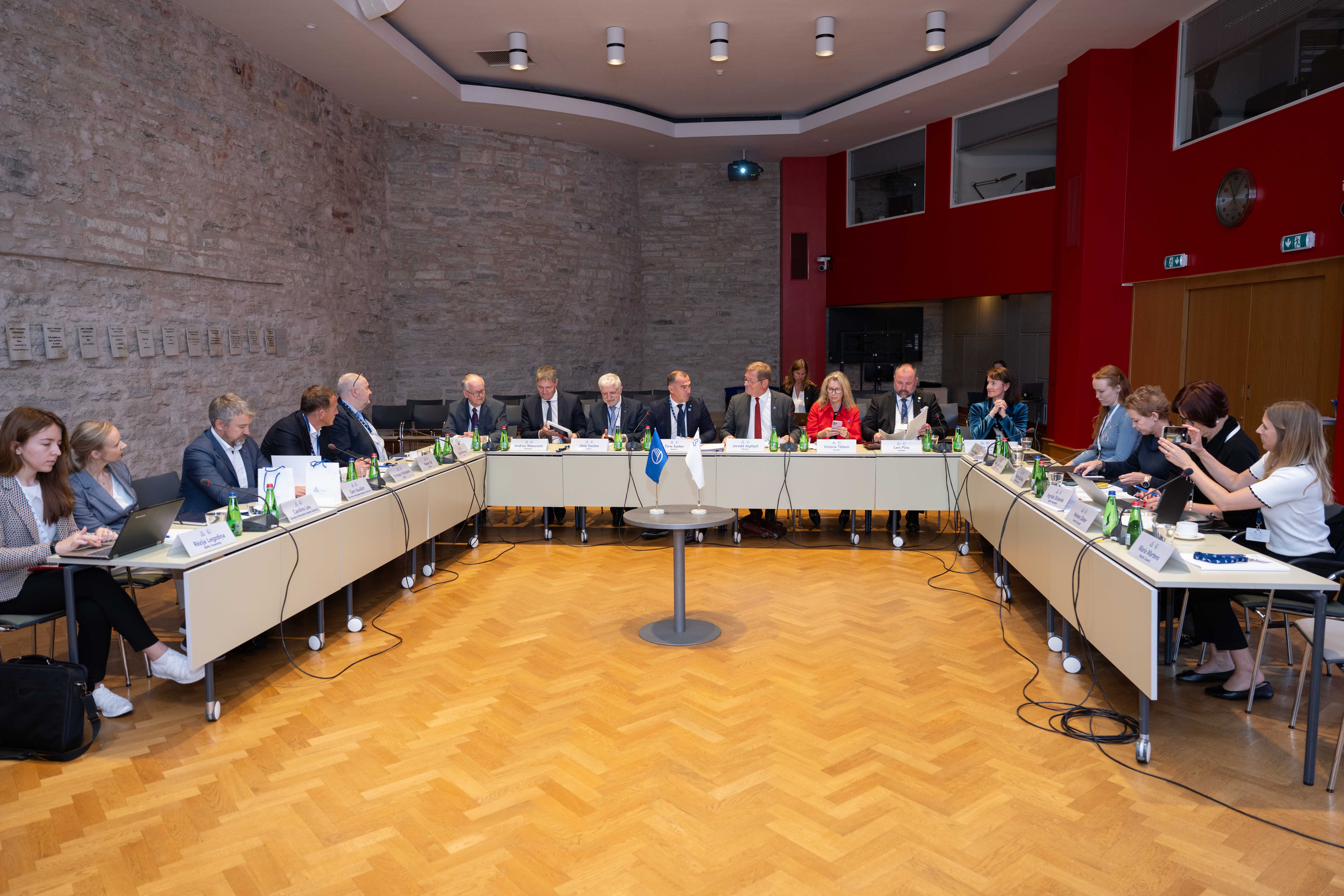
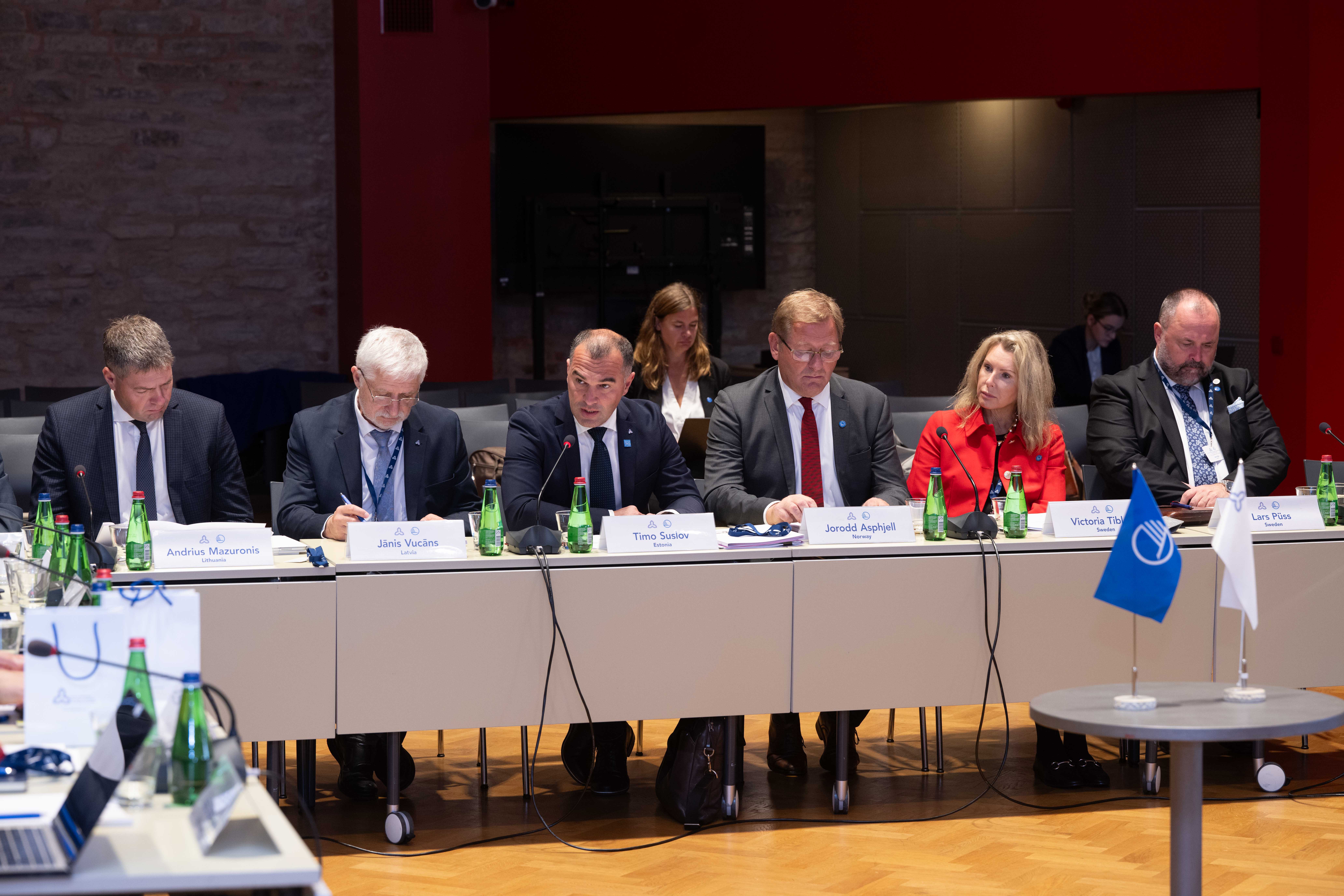
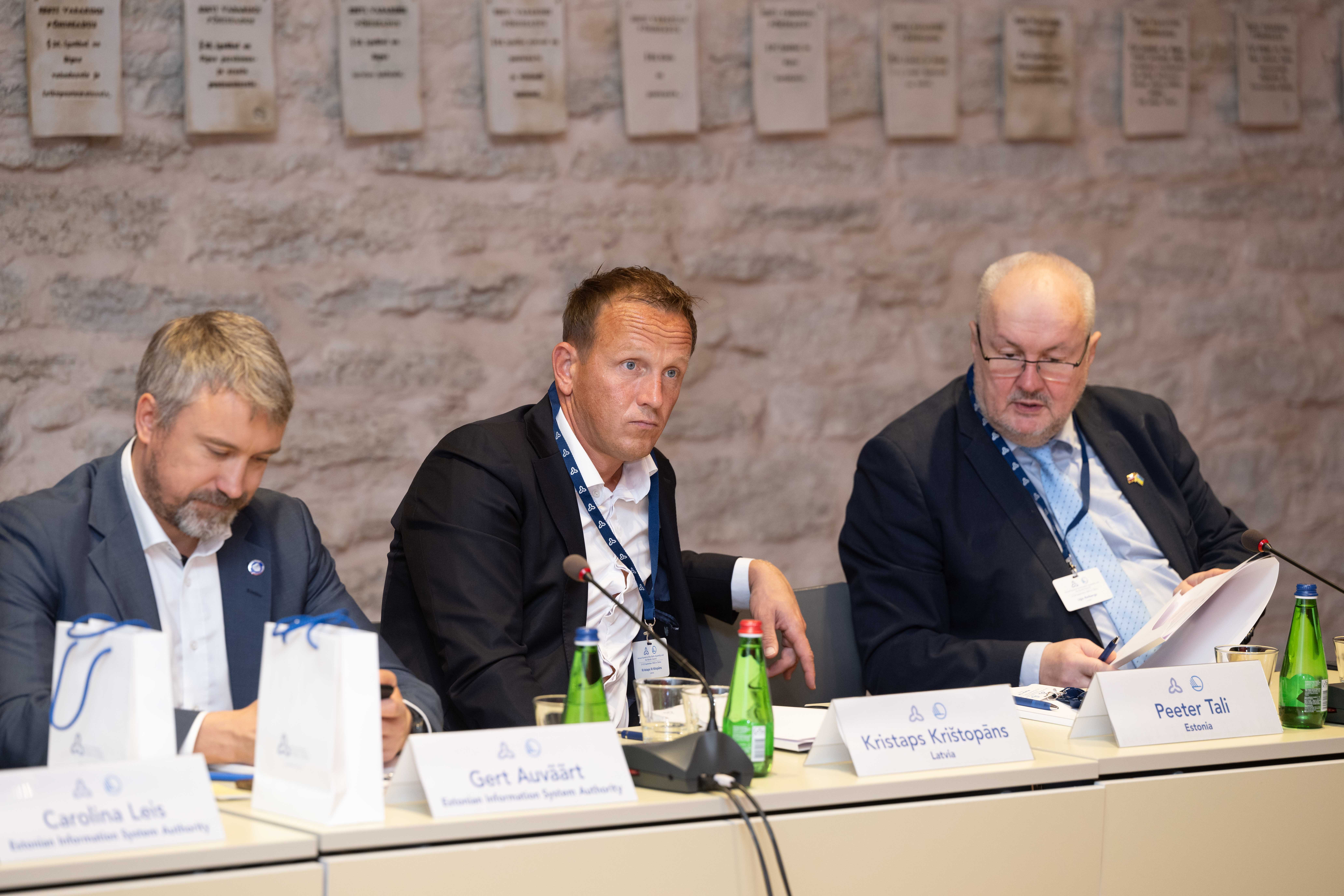
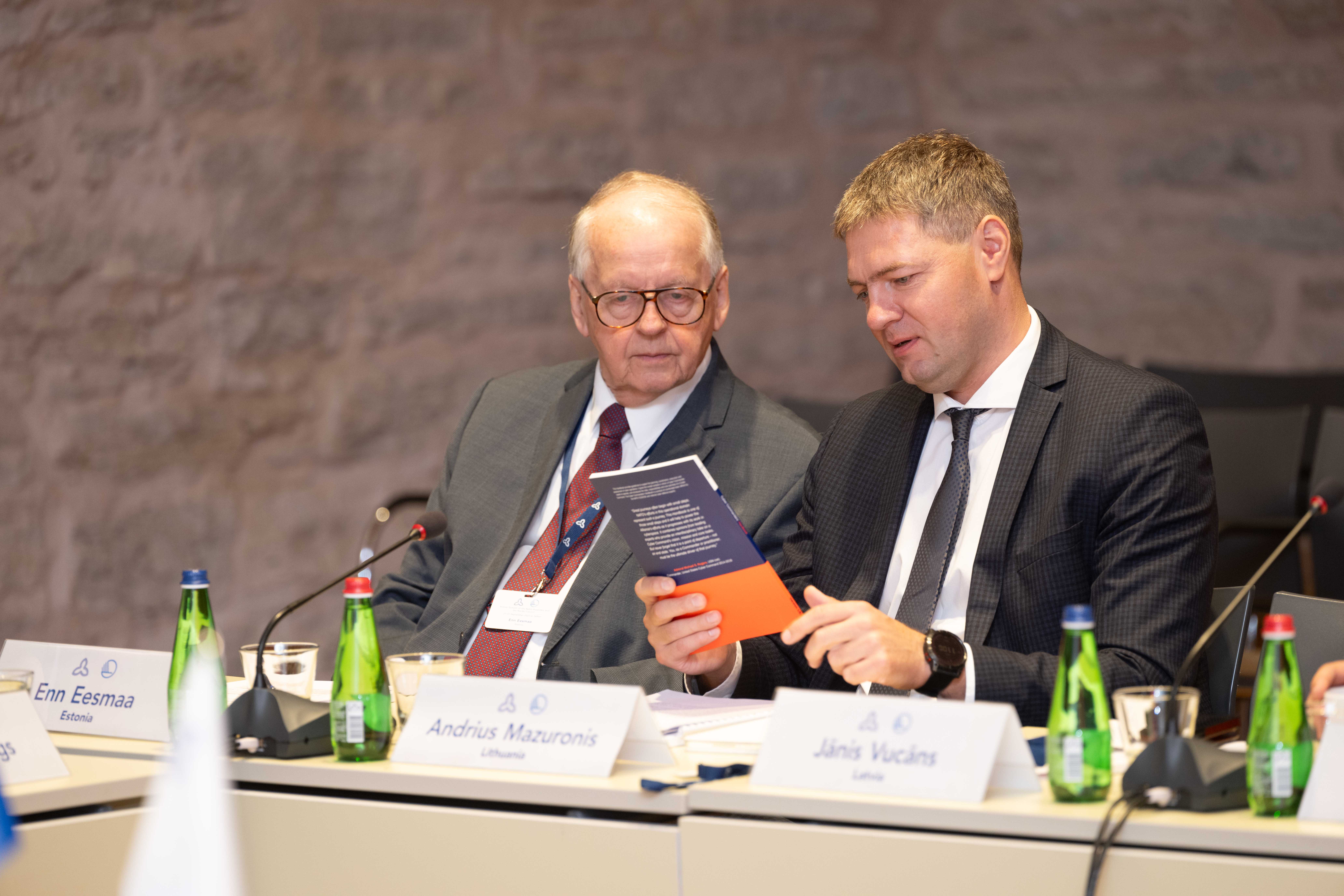
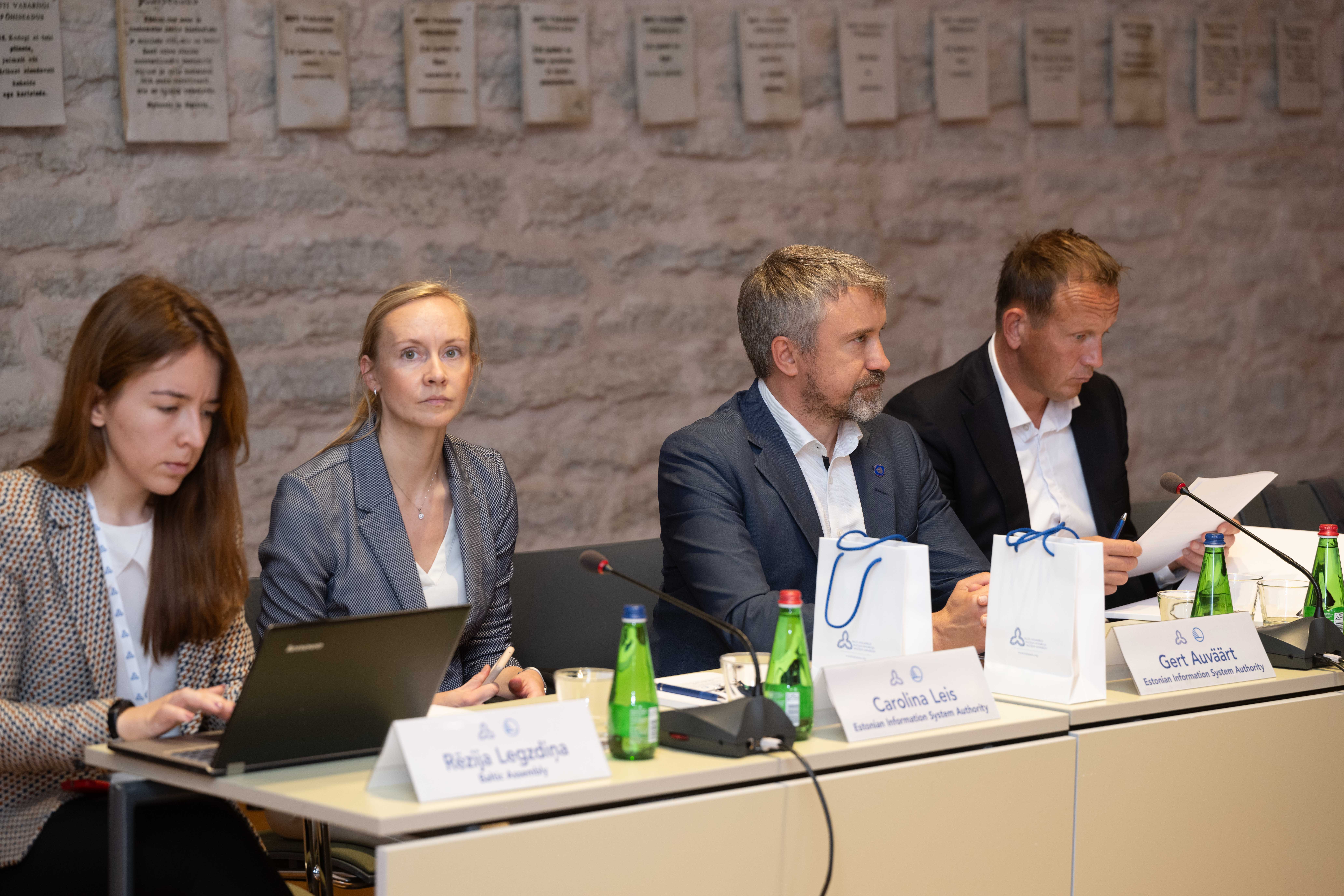
 Print
Print 

